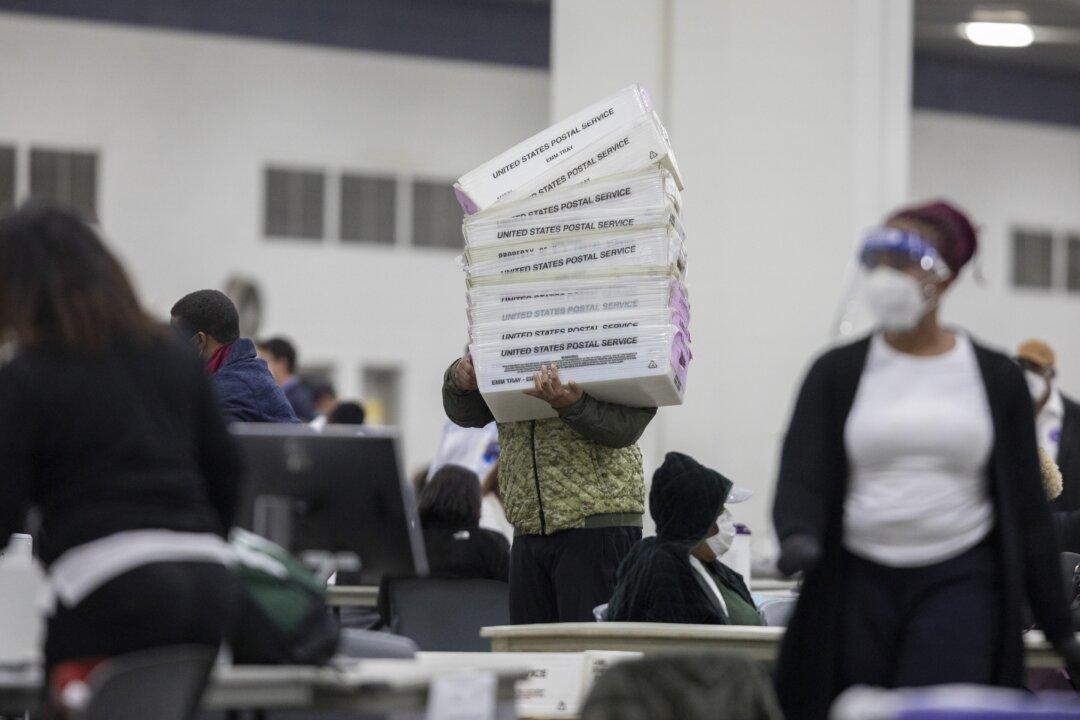An attorney representing poll challengers claiming systemic fraud during the election process in Wayne County, Michigan, urged a state judge to block the certification of the election and order an audit to determine the accuracy and integrity of the vote.
David Kallman, senior counsel of Great Lakes Justice Center, told the judge from the Circuit Court for the County of Wayne on Wednesday that voters are “entitled to [an] audit” of the results of an election under a constitutional amendment under Michigan’s Constitution. The amendment was added to the state constitution in 2018.




